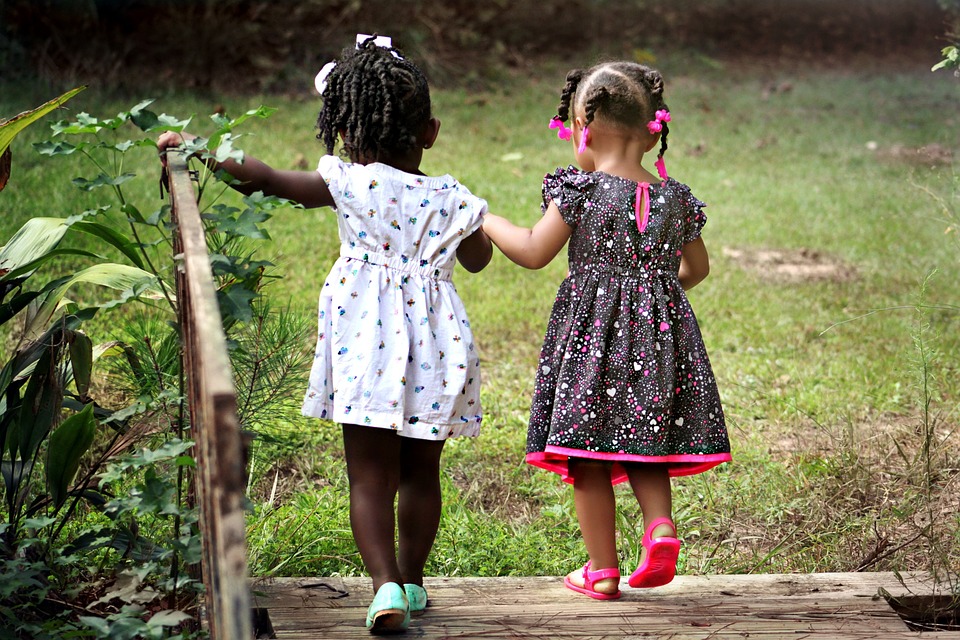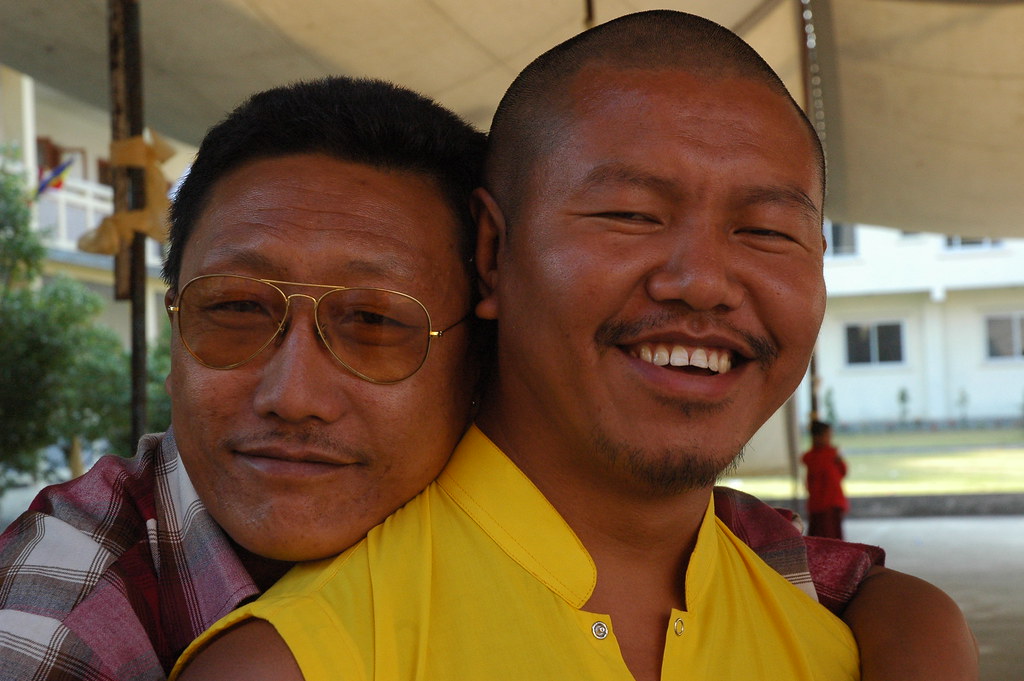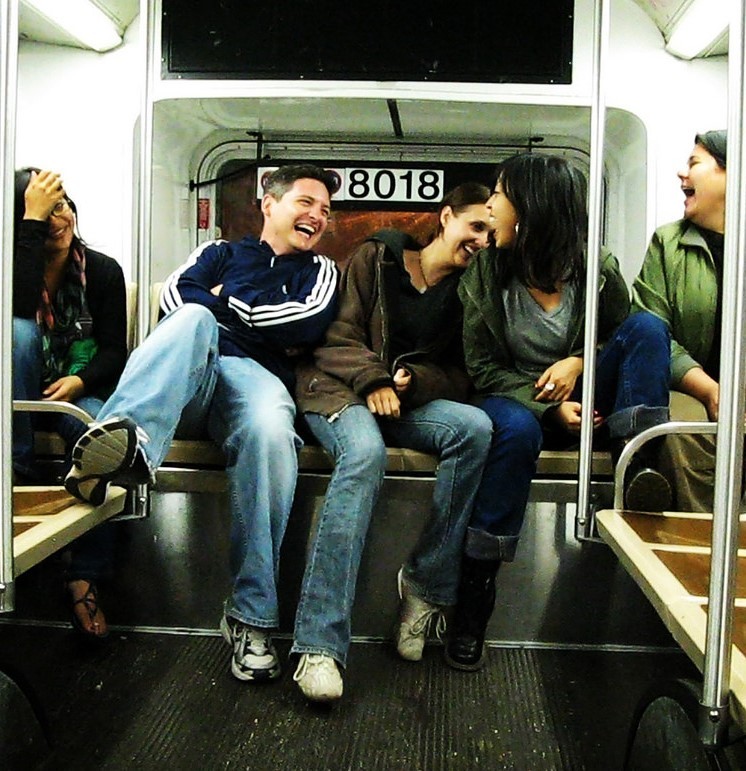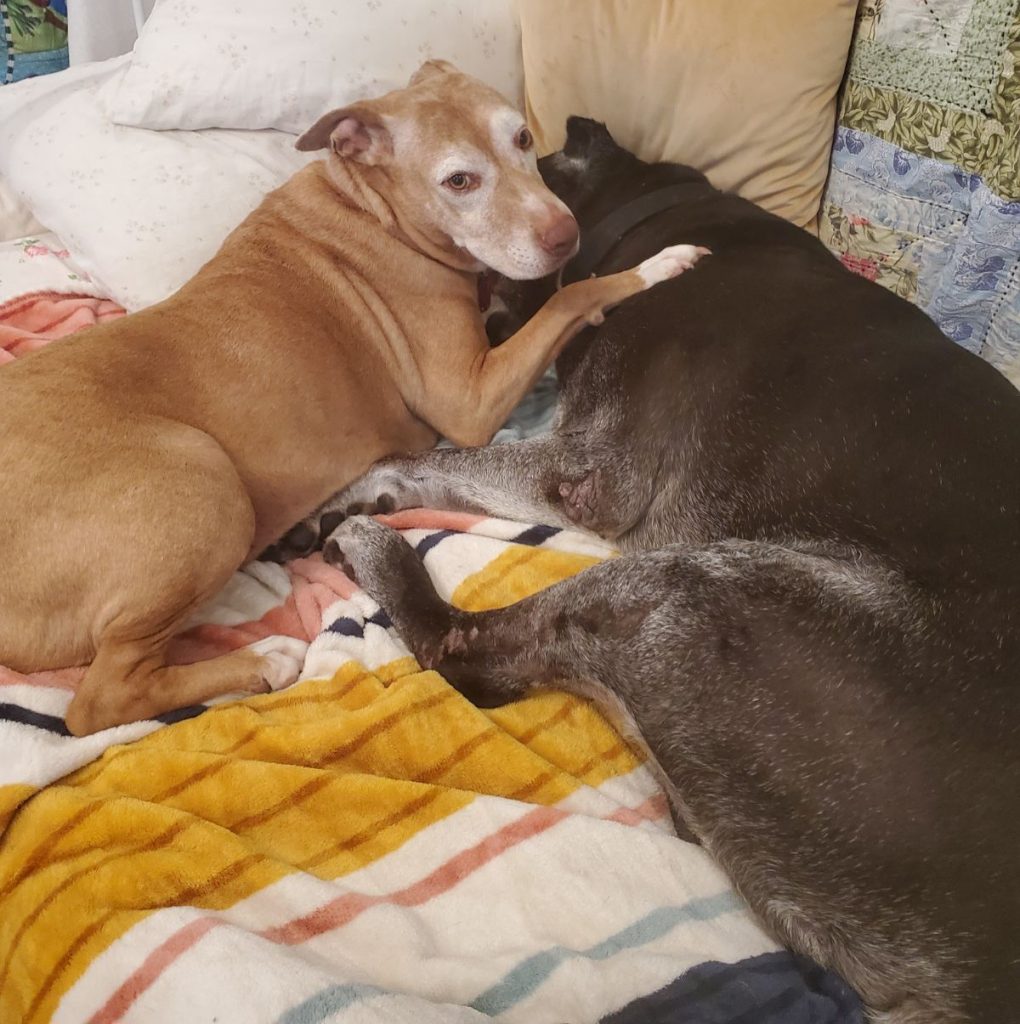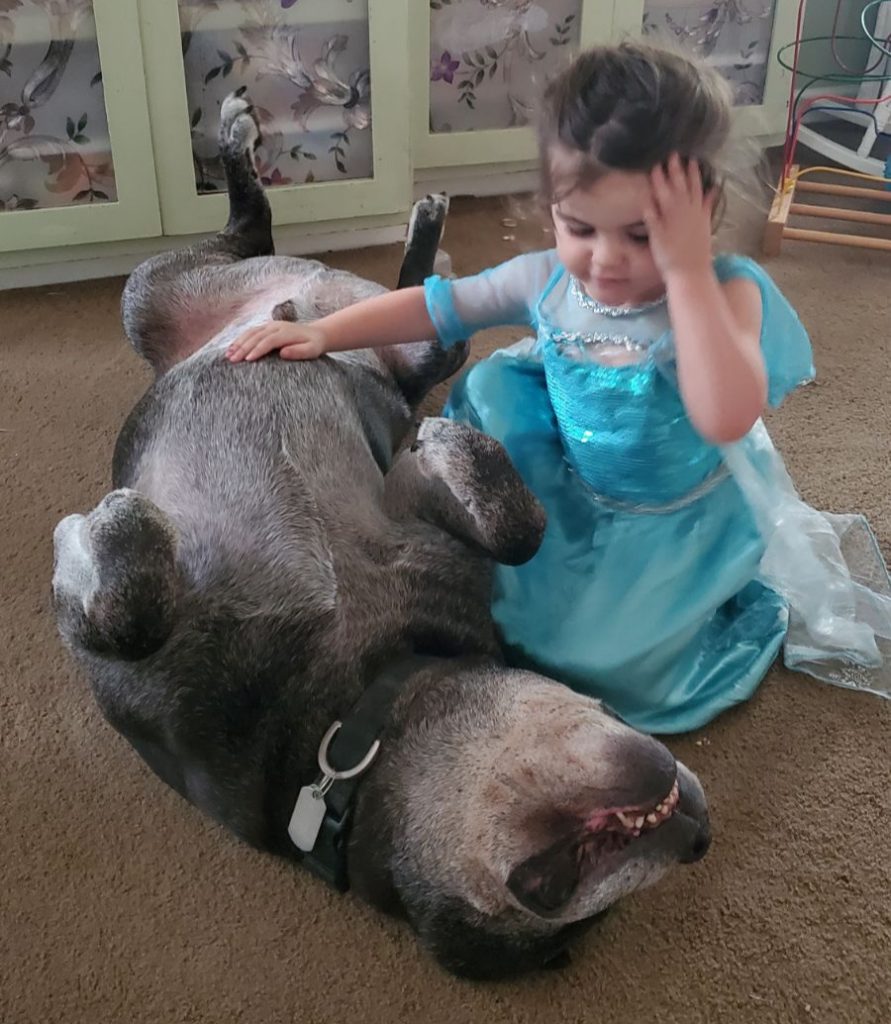These phrases are loaded with emotional meaning. Pretty much any English speaker would agree that friends of the heart must be better than friends of the road. I beg to differ.
Just so we’re on the same page:
- Friends of the Road change as we move along the road of life.
- Friends of Heart remain close regardless of distance and circumstances.
My basic premise is that they are different but equally necessary.
Friends of the Road
Why do friendships come and go? How does a once-bosom buddy wind up erased from your address book? Is a friendship that fades away necessarily a bad thing?
No. Some friendships are meant to be fleeting. A line from the novel Centennial says it perfectly:
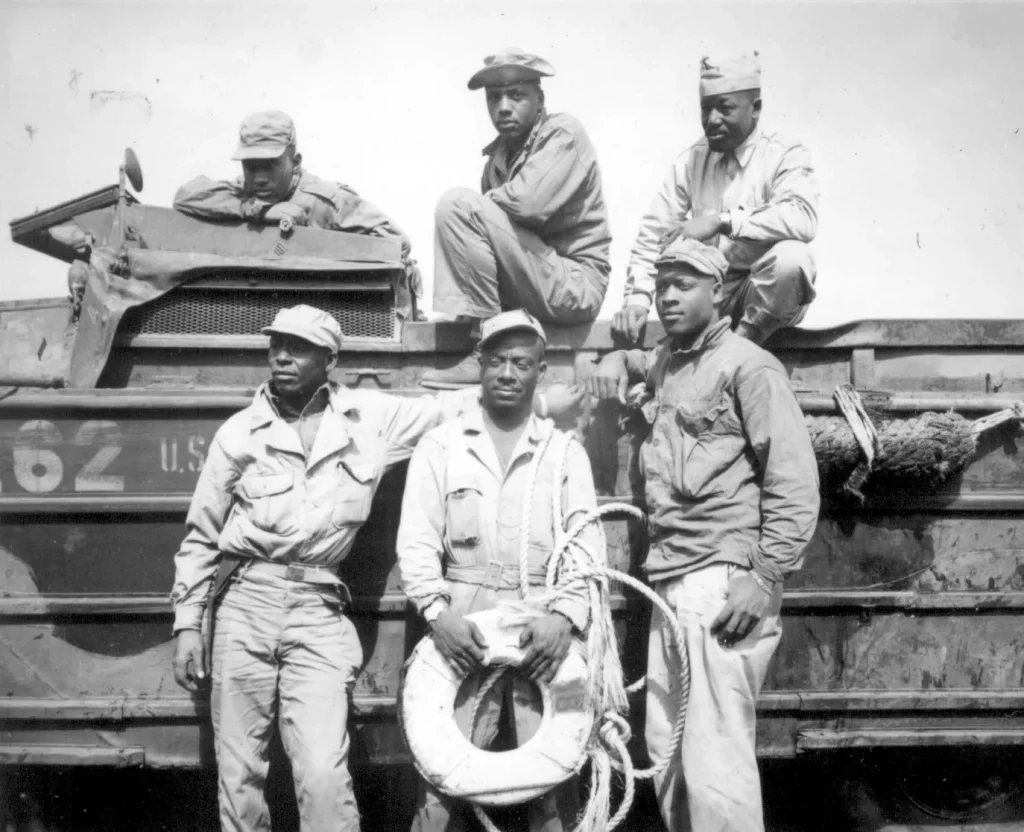
“God, he wished he could ride forever with these men… But it could not be. Trails end, and companies of men fall apart.”
(Photo from the National Archives)
In other words, some friendships are meant to be transitory. Like college roommates coworkers, or people in military boot camp, sharing secrets and experiences, sometimes threats or dangers. When those life times come to a natural end, it’s time to move on.
Life is rich with friends of the road who join us for a part of our journey, friendships formed due to time, place and circumstance. These brief—i.e., not lifelong—friendships can last for years. They are intense, necessary, and worth treasuring. In that time and place, you can’t survive without them.
Drifting apart from these friends can feel like failure. But a friend of the road is someone who is “walking the same road as you” in one way or several. Examples include neighbors, families from your child’s school, co-workers, etc. You spend a lot of time with them, share great memories, and genuinely enjoy your time with them. But if and when these friends take a different “road,” your time together ends. You lose touch. Your motivation and effort to do what it takes to maintain the relationship drifts off. Often these friends end up as fond memories and social media connections.
Is a friendship that doesn’t survive changed circumstances a “real” friendship? Yes. You genuinely love each other. Not forever is okay.
Friends of the Heart
Friends of the heart are the traditional, everlasting ideal.
Please note: every friend of the heart starts as a friend of the road. But when the common road ends, the friendship continues. It makes no difference if you are 10,000 miles apart or haven’t seen one another for years, when you get together, it is as though no time had passed.
A friend of the heart is one who “strikes” you. You connect on a level that has depth. Even if your journeys take different paths, you remain connected. The friends of the heart live in your heart. They have touched your life in such a way that you will be different for having known them.
Lillian Rubin wrote a whole book on friendship (Just Friends: The Role of Friendship in our Lives). She says that the depth of a friendship – how much it means to us – depends, at least in part, upon how many parts of ourselves a friend sees, shares, and validates.
Friends of the heart are people you meet along the road whose paths end up forever intertwined with yours. They are not your family, but friends you can turn to in a moment’s notice, in joy and in sorrow, in illness or trouble. They see you, know you, and love you just the way you are.
Bottom Line: Make as many friends of the road as possible, enjoy them all, and treasure those friends who step off of the road and into the heart.
